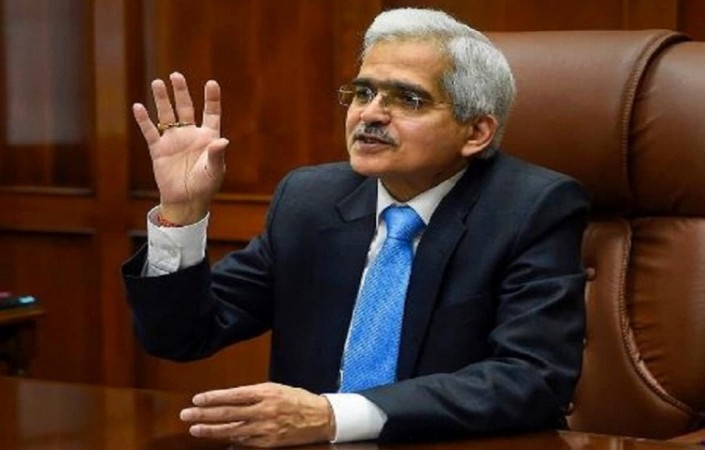
Bangalore: As per Reuters poll of economists, the Reserve Bank of India (RBI) will increase its benchmark interest rate by 25 basis points on April 6 and then take a break for the remainder of the year.
The third-largest economy in Asia continues to experience inflation that is above the central bank's maximum tolerance limit of 6%; it hit 6.52 percent in January and only marginally decreased to 6.44 percent in February, which was a major factor in the RBI's decision to raise interest rates once more.
49 out of 62 economists, a sizable majority, predicted that the RBI will increase its repo rate by 25 basis points, to a seven-year high of 6.75 percent, at the end of its April 3-6 meeting. In the 23-28 March Reuters poll, the majority of analysts predicted that the RBI will thereafter maintain the rate at its current level for the remainder of the year.
If realised, that would represent a cumulative increase of 275 basis points from the Monetary Policy Committee since last May, a rate cycle that is rather mild when compared to others, including the U.S. Federal Reserve, which started earlier.
According to Vivek Kumar, an economist at QuantEco, "it's not just headline inflation; even core inflation, which the MPC did emphasise extensively in the last two policy reviews, continues to be a topic of concern for them." "With this backdrop, we see no reason why the RBI should wait, especially when inflation is outpacing the top end of the comfort band," the Fed stated. "The Fed has done what it broadly telegraphed."
Twenty out of the 36 respondents, or a majority, predicted that the central bank would keep its policy of withdrawing accommodation at its meeting in April. The final 16 declared that it will switch to neutral.
"We don't anticipate a change in stance. There is still a slim chance that the Fed will raise interest rates in May. The RBI probably won't feel very confident in saying they're done raising interest rates until that is behind us, according to QuantEco's Kumar.
Just over half, 18, of the 33 respondents who provided responses to a different question stated that the risk to their terminal rate projection was that it would be higher than they anticipated, while the remaining 15 stated that the risk was that it would be lower.
In the survey conducted last month, every economist stated the biggest risk was that it would be greater than expected.
A median prediction of 7.00% was made by the seventeen economists who responded to a different question on how high the rate may rise if 6.75 percent is not the top.
According to Kaushik Das, chief economist for India and South Asia at Deutsche Bank, "with inflation a chronic issue, (the) RBI would likely leave all of its options open to cope with the near- and medium-term inflationary threats."
As per reports, inflation was projected to average 6.7% in the current fiscal year, 5.2% in the following, and remain over the medium-term target of 4.0%.
It was predicted that the Indian economy would expand by 6.9% this fiscal year and then 6% the following. These projections did not alter from the February survey.